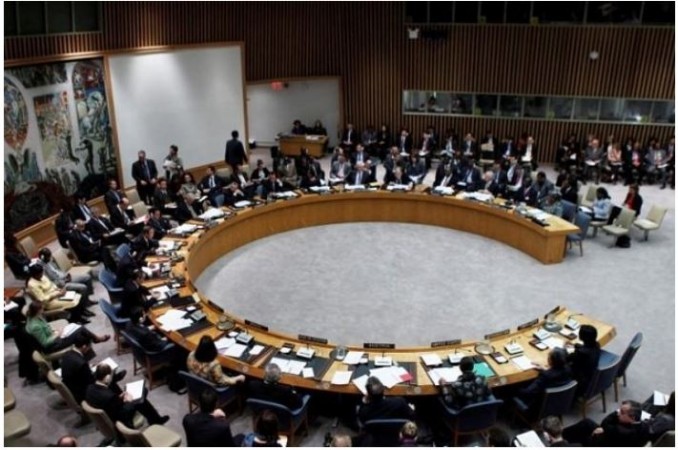
ISLAMABAD: Some major western countries have given Pakistan the chance to run for permanent membership on the UN Security Council, urging Islamabad to accept the offer in an effort to end the protracted impasse over UN charter change.
Surprisingly, reports claimed that Pakistan had rejected the offer because the nation saw it as a calculated ploy to weaken the faction opposed to the addition of permanent UNSC seats.
A diplomatic source confirmed the reports that certain powerful western nations had offered Pakistan their assistance, but the concept was rejected since there were doubts about its sincerity.
"Some significant nations have contacted us and advised Pakistan to begin its UNSC permanent seat candidacy. Pakistan rejected the proposal because it was aware that it was a ruse to get Islamabad to abandon the Uniting for Consensus (UFC) group, which is opposed to the UNSC's enlargement "the official added.
This occurs at a time when the UFC, a group led by Pakistan and Italy and made up of India, Brazil, Germany, and Japan, was able to thwart the G-4 group's most recent attempt to gain more permanent UNSC membership.
UFC has been campaigning against raising the number of permanent seats at the UNSC. The group, which is made up of at least 13 nations, includes Pakistan, Italy, Canada, South Korea, Argentina, Spain, and Turkey.
Intergovernmental negotiations (IGNs) on the Security Council reform have recently been postponed by the United Nations General Assembly until the following session. It is credited as its triumph by UFC.
In contrast to G4, UFC has suggested adding more non-permanent seats with longer terms and the opportunity to be re-elected. "The UNGA has to act as the catalyst for the UNSC reform process. A majority vote of the 193 UNGA members was required for any reforms to pass. Neither party has the necessary number at this time "a representative of the foreign office said.
Beijing issues coupons to boost catering consumption
Zelensky Fires Security Chief, Prosecutor General
Israel Govt to set up national calculation centre to predict climate impact